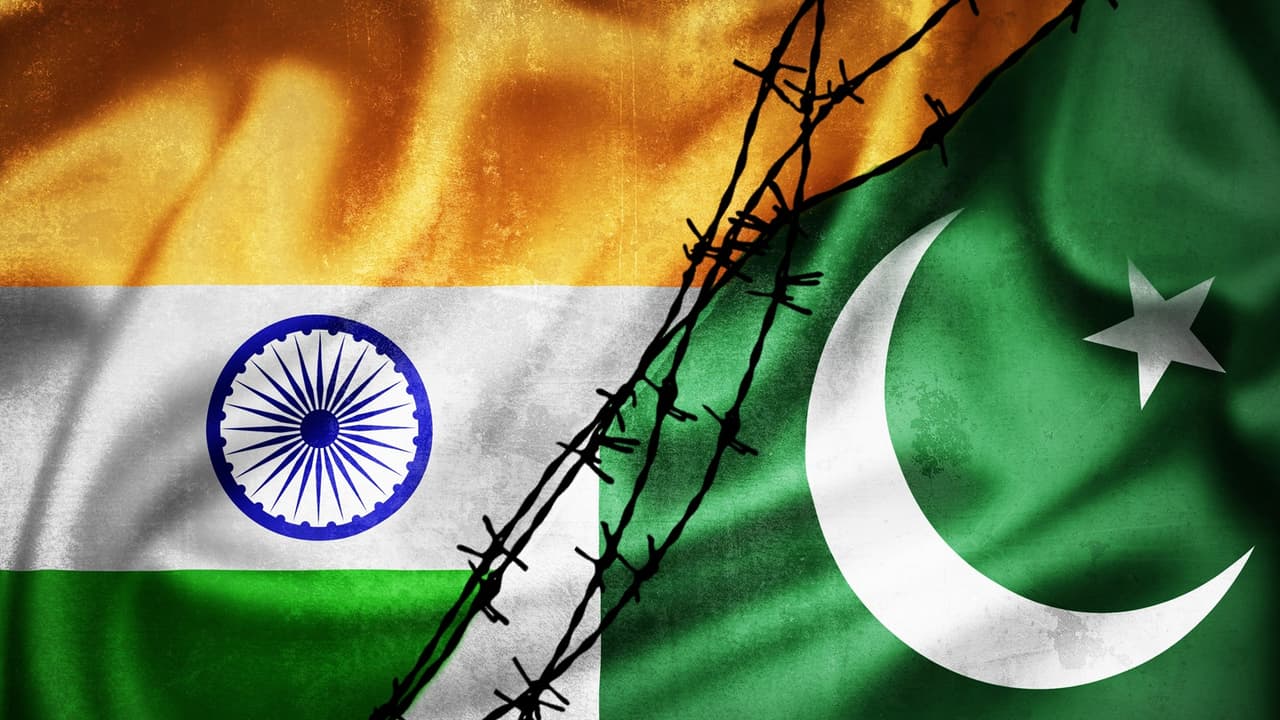India has expelled another Pakistani High Commission official for activities “not in keeping” with diplomatic status, the second such expulsion this month, amid growing tensions and cross-border espionage linked to recent military operations.
India has declared a second official from the Pakistan High Commission in just two weeks persona non grata, ordering the individual to leave the country within 24 hours. The Government of India took this step after finding that the official was involved in activities “not in keeping with his official status,” a phrase commonly used to indicate espionage or intelligence-related operations.

The Ministry of External Affairs summoned the Charge d’Affaires of Pakistan and issued a formal demarche, stating that all diplomats and officials of the Pakistan High Commission must strictly respect their privileges and not misuse their status.
This marks the second diplomatic expulsion in May. Earlier this month, India expelled another unnamed Pakistani official from the High Commission over an espionage case tied to arrests in Punjab.
Punjab espionage case
The earlier case, disclosed on May 11, involved the arrest of two individuals in Malerkotla, Punjab, who were allegedly spying for Pakistan. According to police, the duo had been leaking sensitive information about Indian Army troop movements to a Pakistani handler, with transactions reportedly made through online channels. The handler was later found to be associated with the Pakistan High Commission staffer who was expelled.
The arrests came amid heightened military alertness along the western border, following India’s air and ground strikes under 'Operation Sindoor' on May 7. The expelled diplomat was believed to be a crucial link in a broader espionage network, prompting swift action from the Indian authorities.
India-Pakistan tensions remain highNew Delhi has declared a second official from the Pakistan High Commission in just two weeks persona non grata, ordering the individual to leave the country within 24 hours. The Government of India took this step after finding that the official was involved in activities “not in keeping with his official status,” a phrase commonly used to indicate espionage or intelligence-related operations.
The Ministry of External Affairs summoned the Charge d’Affaires of Pakistan and issued a formal demarche, stating that all diplomats and officials of the Pakistan High Commission must strictly respect their privileges and not misuse their status.
This marks the second diplomatic expulsion in May. Earlier this month, India expelled another unnamed Pakistani official from the High Commission over an espionage case tied to arrests in Punjab.
Backdrop: Punjab espionage case
The earlier case, disclosed on May 11, involved the arrest of two individuals in Malerkotla, Punjab, who were allegedly spying for Pakistan. According to police, the duo had been leaking sensitive information about Indian Army troop movements to a Pakistani handler, with transactions reportedly made through online channels. The handler was later found to be associated with the Pakistan High Commission staffer who was expelled.
The arrests came amid heightened military alertness along the western border, following India’s air and ground strikes under 'Operation Sindoor' on May 7. The expelled diplomat was believed to be a crucial link in a broader espionage network, prompting swift action from the Indian authorities.
India-Pakistan tensions remain high
Relations between India and Pakistan have sharply deteriorated over the past month. On April 22, a deadly terror attack in Pahalgam killed 26 people, including tourists, prompting strong military retaliation from India. In response, India launched Operation Sindoor, targeting terror infrastructure across the Line of Control and deep inside Pakistani territory.
Since then, the two countries have exchanged diplomatic barbs, Pakistan has shut its airspace for Indian flights, and Indian security agencies have been on high alert for espionage attempts and cross-border threats.
The repeated expulsion of Pakistani diplomats signals India's hardened stance on intelligence operations masquerading as diplomatic activities, especially in the backdrop of active hostilities and rising security concerns.
Relations between India and Pakistan have sharply deteriorated over the past month. On April 22, a deadly terror attack in Pahalgam killed 26 people, including tourists, prompting strong military retaliation from India. In response, India launched Operation Sindoor, targeting terror infrastructure across the Line of Control and deep inside Pakistani territory.
Since then, the two countries have exchanged diplomatic barbs, Pakistan has shut its airspace for Indian flights, and Indian security agencies have been on high alert for espionage attempts and cross-border threats.
The expulsion of Pakistani diplomats signals India's hardened stance on intelligence operations masquerading as diplomatic activities, especially in the backdrop of active hostilities and rising security concerns.


